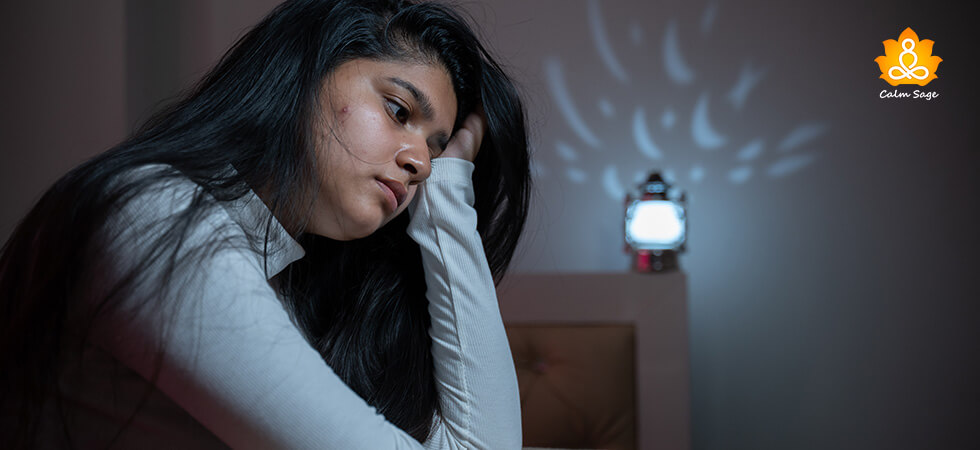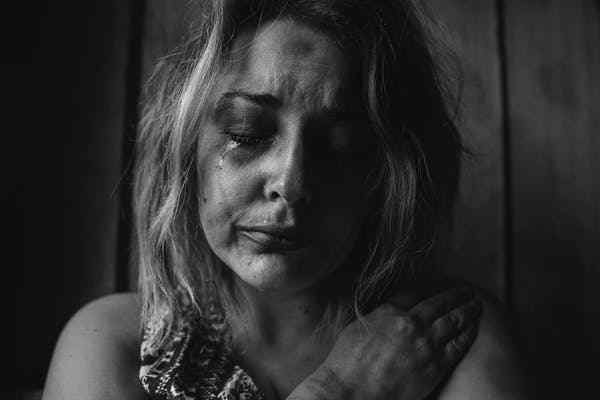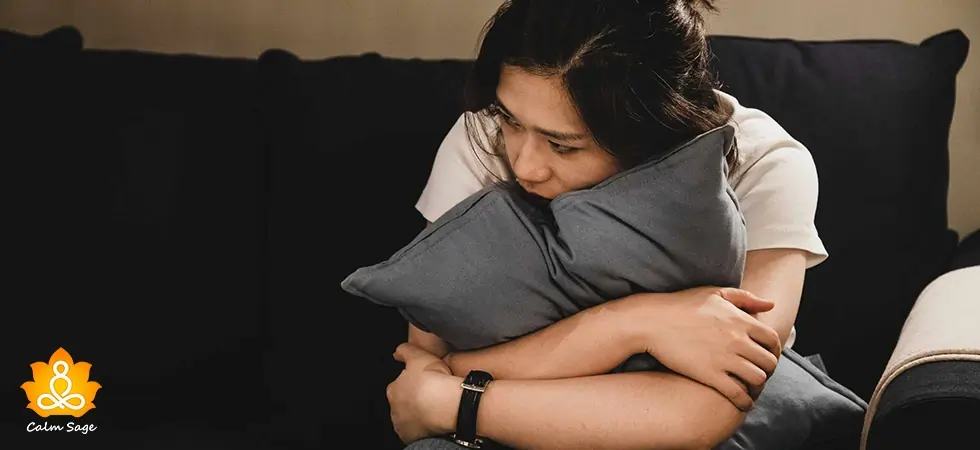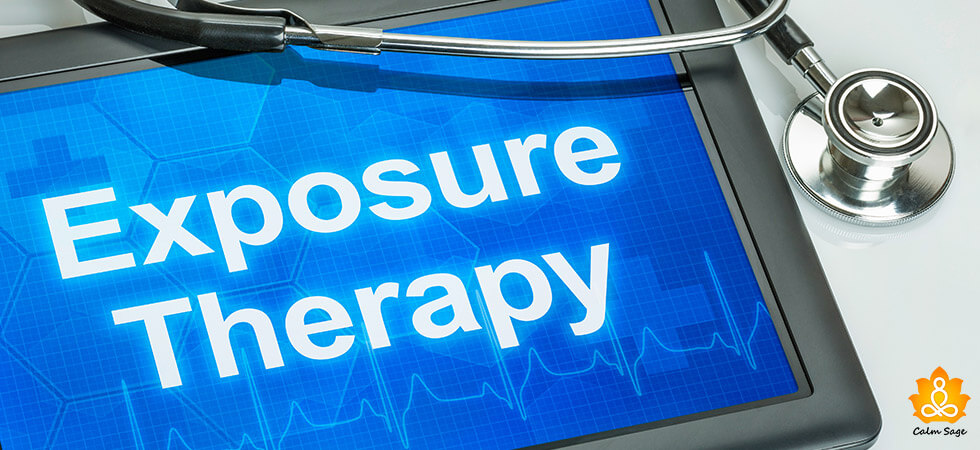Exploring The Different Types Of Post Traumatic Stress Disorder (PTSD)

Post-traumatic stress disorder (PTSD) is a psychological condition that falls under anxiety disorders. PTSD was first found in war veterans and after studying the symptoms of PTSD it was announced that anyone who goes through a stressful or traumatic experience may develop a stress disorder known as post-traumatic stress disorder.
Post Traumatic Stress Disorder (PTSD) Definition;
Post-Traumatic stress disorder (PTSD) is a mental health condition that takes place after an individual has experienced or witnessed a physically and mentally damaging & terrifying incident. PTSD can be classified by symptoms like intensely disturbing thoughts about the traumatizing incident, nightmares, flashbacks, and anxiety & panic episodes caused by these symptoms.
Did you know Post-traumatic stress disorder (PTSD) was initially known as shell shock and battlefield fatigue syndrome? It was called so because back then PTSD was most commonly seen in people who had returned from war.
Long after PTSD was officially considered a mental health disorder, mental health experts found various other reasons for someone to be traumatized and develop PTSD. with the help of that information and some more research, PTSD was divided into various types.
In this blog, we will explore all the different types of post-traumatic stress disorder!
List Of Different Types Of PTSD (Post Traumatic Stress Disorder)
There are mainly four different types of post-traumatic stress disorder, along with these there are two stress disorders that have a high possibility of converting into post-traumatic stress disorder or might ever serve as the initial stage of PTSD.
Let’s have a look at all these types of PTSD, beginning with the stress disorders that might transition into PTSD;
1. Normal stress response
Mental health experts say that in many cases a normal stress response can be the very beginning stage of post-traumatic stress disorder. But not every case of normal stress response results in PTSD.
In a normal stress response, your flight and fight response is activated, this response of the body will either make you avoid the trigger, or face it. Some common triggers of the normal stress response are accidents, illness, injuries, etc. provided you have had a similar stressful experience.
The normal stress response is short-lived but in some unfortunate cases, it might turn into PTSD.
2. Acute stress disorder
Acute stress disorder develops after an individual has been through a traumatic experience. The symptoms of acute stress disorders can be seen as early as 3 days after the incident or as late as a month after the incident.
The kind of people who develop acute stress disorder is completely dependent on the type of trauma they have experienced and how differently resilient each individual is. The chances of acute stress disorder turning into PTSD are quite high, if not treated in time.
Acute stress disorder needs to be taken care of, it won’t go away with time. With proper care, you can stop acute stress disorder from developing into post-traumatic stress disorder.
These two conditions are not a type of post-traumatic stress disorder but can make an individual develop PTSD, therefore it is important to know about these two conditions along with the four main types of PTSD.
The Four Main Types Of PTSD

1. Dissociative PTSD
Dissociative PTSD has only recently been added as a type of PTSD in the year 2013. In the dissociative type of PTSD, the main symptoms include emotional detachment and depersonalization.
Main characteristics include;
- Occurs alongside other mental illnesses
- Dissociative amnesia
- Dissociative flashbacks
- History of trauma in early life
- Common symptoms of PTSD intensified
2. Uncomplicated PTSD
Uncomplicated PTSD is one of the most frequently diagnosed when compared with other types of PTSD. It is also the most responsive to treatment. What sets uncomplicated PTSD is that it never accompanies any mental health conditions. The symptoms of uncomplicated PTSD are very similar to the rest of the types.
Main characteristics include;
- Does not coexist with other mental conditions
- Recurrent nightmares & flashbacks
- Avoid everything that is associated with their trauma
3. Complex PTSD
An individual develops complex PTSD when they regularly or repeatedly experience traumatic events. Your PTSD becomes complex because you repeated mental, emotional, and physical torture caused by regular trauma experiences. Since this type of PTSD is intense, the treatment and recovery also take longer to show results.
Main characteristics include;
- Cause by repeated experience of trauma
- Include physical symptoms like fatigue and chronic pain
- Can affect their relationships and behavior
- Common symptoms of PTSD (nightmare, avoidance, flashbacks, etc.)
4. Co-morbid PTSD
In this type of PTSD, the individual will always be dealing with at least one mental health condition along with post-traumatic stress disorder. In fact, co-morbid is also a very common type of PTSD. Most people have one or more mental health conditions while they are dealing with PTSD.
Common conditions occurring alongside PTSD;
- Substance use disorder
- Anxiety disorders
- Panic disorders
- Depression
That’s All Folks!
There are many people who have been suffering from post-traumatic stress disorder. I hope this information about the different types of PTSD helps you understand your condition better. Knowing the type of PTSD you have been dealing with can also be of great help while you plan coping strategies.
Post-traumatic stress disorder is a treatable condition. Medication and psychotherapy like cognitive processing therapy (CPT), prolonged exposure (PE), eye movement desensitization and reprocessing (EMDR), and narrative exposure therapy (NET) can help you recover in the healthiest way.
If you are dealing with PTSD or you know someone dealing with a type of PTSD, remember, the first step towards recovery is getting professional help!
Thanks for reading.
Take care and stay safe.




















